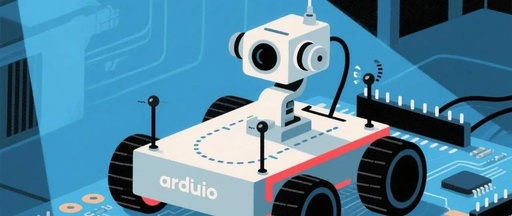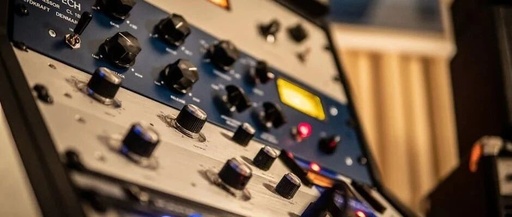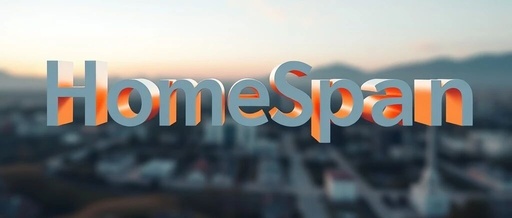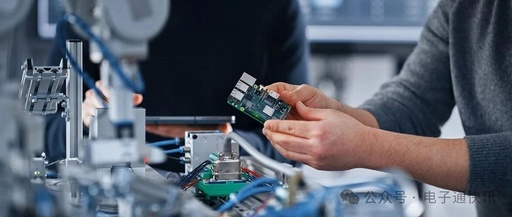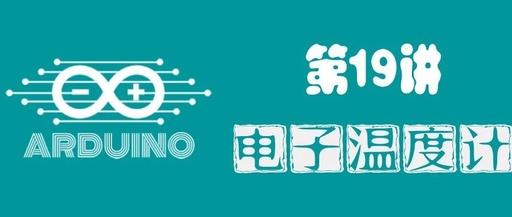The Significance of Open Source Robot Development Based on Arduino
The open-source robots based on Arduino can play a positive role in the selection of contestants for maker competitions and robot competitions during the regional compulsory education stage, aligning with educational goals while enhancing students’ comprehensive abilities: 1. Lowering participation barriers to promote educational equity – Low cost and accessibility: Arduino hardware is affordable, and … Read more
